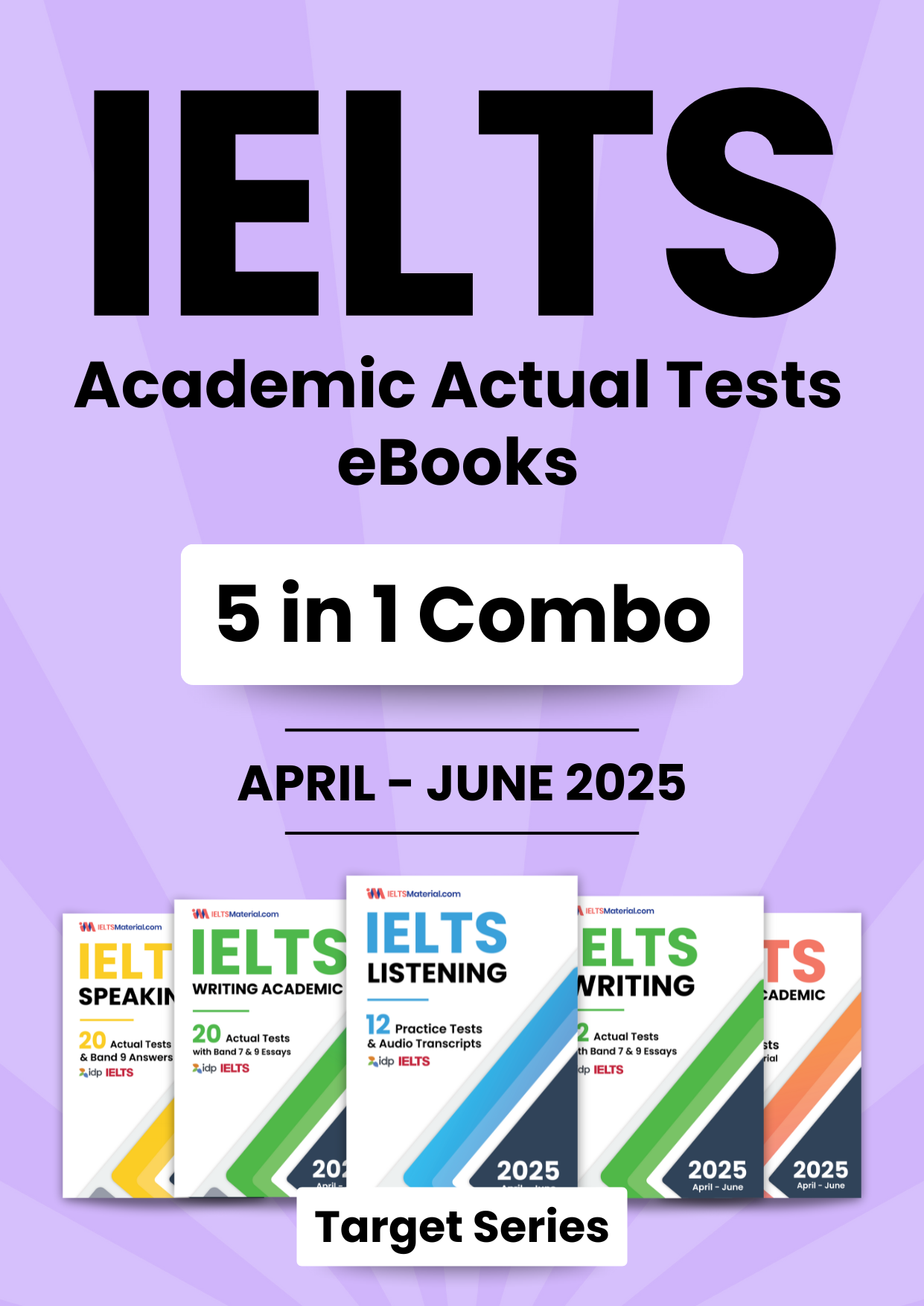IELTS, which stands for International English Language Testing System, is a globally recognized English language proficiency test. There are two versions of the test: IELTS Academic and IELTS General Training. In this article, we will focus on IELTS Academic, which is specifically designed for students who want to study at universities or other higher education institutions where English is the medium of instruction.
IELTS Academic assesses the English language proficiency of candidates who want to study at undergraduate or postgraduate levels or join a professional organization in an English-speaking country. The test includes four sections: Listening, Reading, Writing, and Speaking. Each section is designed to evaluate different language skills.
The Listening section consists of four recorded monologues and conversations, and candidates have to answer a series of questions based on what they hear. The Reading section includes three long texts with a range of question types to test reading comprehension skills. The Writing section requires candidates to complete two writing tasks: Task 1 involves describing visual information, and Task 2 involves writing an essay in response to a point of view, argument, or problem. The Speaking section is a face-to-face interview with a certified examiner, where candidates are assessed on their ability to communicate effectively in English.
Preparing for IELTS Academic requires practice and dedication. There are various resources available, such as practice tests, study guides, and online courses, to help candidates improve their English language skills and familiarize themselves with the format of the test. It is essential to develop a study plan and set specific goals to ensure success on test day.
Scoring on IELTS Academic is based on a nine-band scale, with each band corresponding to a specific level of English proficiency. Universities and institutions set their own score requirements, so it is crucial for candidates to research the score needed for their desired program or organization. Achieving a high score on IELTS Academic can open doors to academic and professional opportunities around the world.
In conclusion, IELTS Academic is a valuable tool for students who wish to pursue higher education in an English-speaking environment. By preparing effectively and understanding the test format, candidates can demonstrate their English language proficiency and achieve their academic goals. Whether studying abroad or seeking employment opportunities, a high score on IELTS Academic can be a stepping stone to success.
